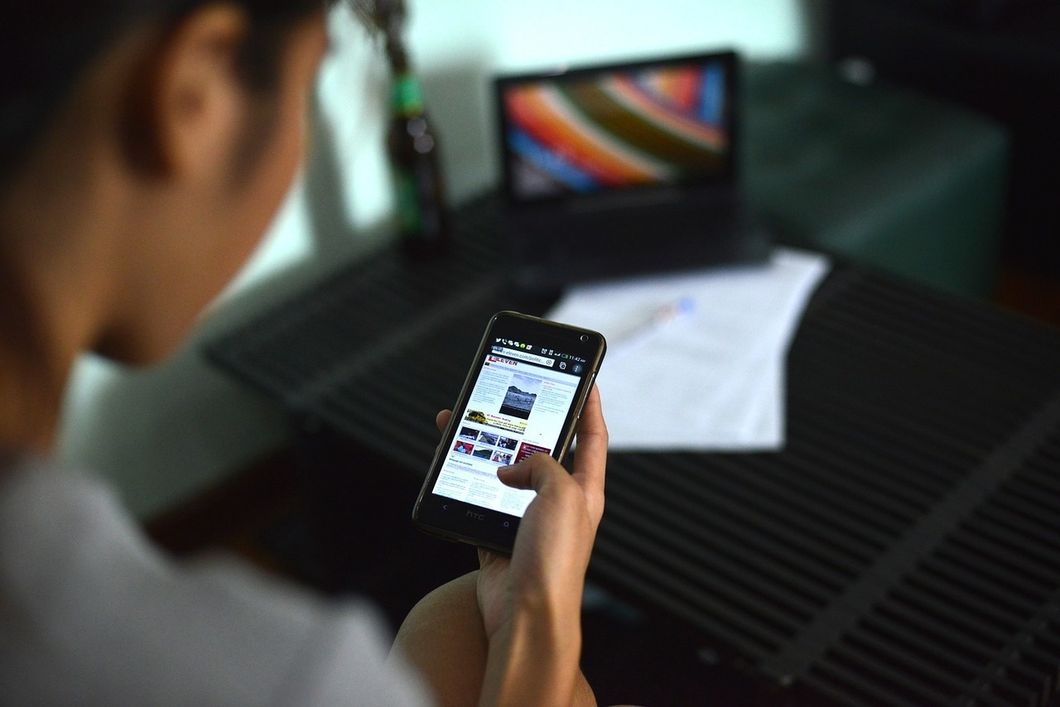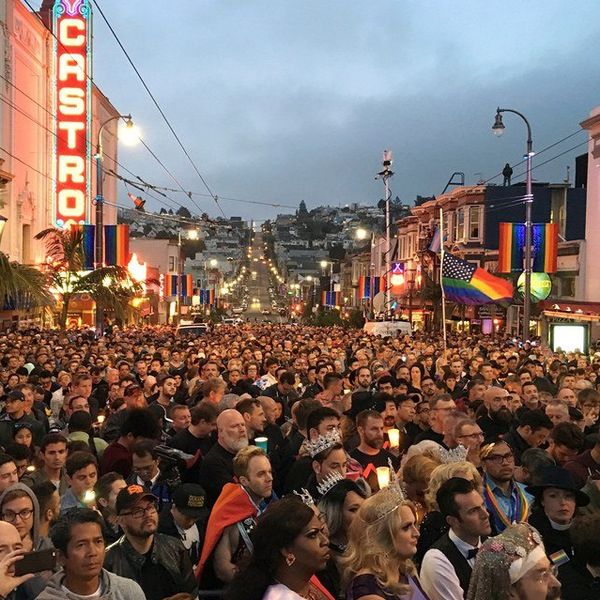No concept is more relevant in modern-day news media than the concept of "fake news." While it was originally coined by President Trump referring to a number of liberal media organizations, the term has now been adopted by many Americans when speaking about the phenomenon of factually inaccurate or falsely skewed articles, broadcasts, or any other form of news information.
As a journalism major, the threat of fake news and other challenges to the free press are given as warnings quite frequently. It's a concept my classmates and I are constantly on the lookout for in every piece of news disseminated, whether it comes from CNN, Fox News, Buzzfeed or anywhere else. However, I've learned that others not affiliated or familiar with the press aren't as concerned about fake news – or even just dishonest news – as we are. And that ignorance can pose a huge risk.
Take, for example, "Pizzagate." A series of absolutely fabricated stories in 2016 claimed the Clintons were housing a child sex trafficking/pedophilia ring in the basement of a Washington, D.C. pizza restaurant, causing a man to barge in the restaurant and fire gunshots to save the made-up victims. No one was hurt in his "raid," but the debacle proved that the dissemination of fake news has real consequences.
Illiterate media skills can not only instigate crimes and violent acts such as the ones mentioned above, but they also disadvantage citizens on a much more personal level, too. Most people don't even stop and question whether their source of news/information is credible, much less accurate – they just see a compelling headline or one that supports their beliefs and they hit share, risking spreading false facts, inaccurate information, and skewed biases around their community. The information produced by news media organizations on television, print, and online all plays a drastic part in how someone shapes their worldview, personal beliefs, political opinions, and even more.
Advances in technology have made it so basically anyone can produce media and disseminate it to the public, regardless of whether the information is true or false and what ulterior motives they might have. This means that that article you shared on Facebook last week could come from anybody – not someone who's an expert in the subject discussed or a real reporter. Just your average "Joe Schmo" could be telling you about the government, public issues, or foreign affairs. That person can make up an entire story, event, quote, or belief for any reason at all.
Developing media literacy skills goes further than dispelling fake news – it helps people critically think and analyze stories, helps them express their own opinions, and satisfies everyone's civic responsibility to make well-informed, well-represented decisions. (Not to mention, it also saves us from the embarrassment of sharing an article/piece of information only to have someone comment that it's not true.)
So do all journalists a favor and stop to think after you read an article before you share or comment. Make sure you're being informed by an objective, credible source. Confirm that the news presented is of factual basis, not just of someone's opinion or retelling. Think about that source's intent or purpose behind sharing the particular piece of news. Try and realize the source's and your own point of view in relation to the story. Asking yourself these questions when analyzing pieces of media reassures that you're not being swayed or fooled by "fake news" and prevents your community from being affected, too.
Don't be afraid to fact-check what others tell you or content shared by your friends online. I'm proud to admit that I have been that annoying individual to comment and let someone know that what they've shared is fake, or at least inaccurate.
The role of news media in society is to empower the informed through accurate, fair, and responsible reporting that is free from commercial or government censorship. Many refer to journalism as the "voice for the voiceless" that has a duty to express all aspects of our society and make sure citizens are aware of their rights.
"Fake news" is a major threat to the media's responsibility to the public. Any form of dishonest reporting, whether it's falsifying facts or quotes, intentionally leaving out a side of the story, or publishing information with an ulterior motive or agenda – ALL of this poses a great threat to not only the media but to every citizen as well. And in this day and age where anyone can produce content, true or false, it's more important than ever to learn how to critically consume the news. Media literacy is not just a good skill to have or important – it's crucial.



















